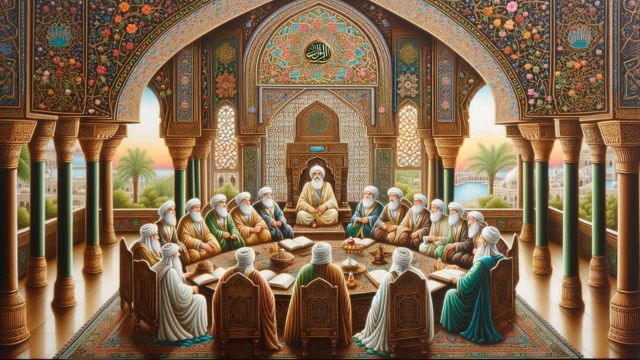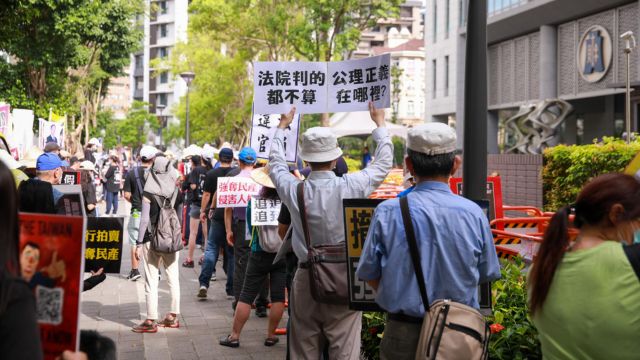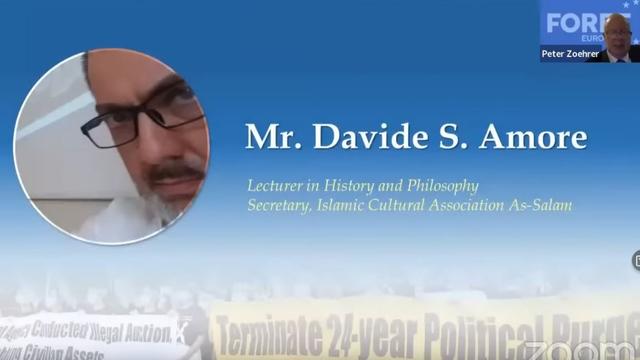The Evolution of Governance: Islamic Shūrā, Parliamentarism, and the Tai Ji Men Case
Parliamentarism and Islamic Shūrā stand out as significant concepts that have shaped democratic and consultative governance systems. These concepts should help solving the Tai Ji Men case.









